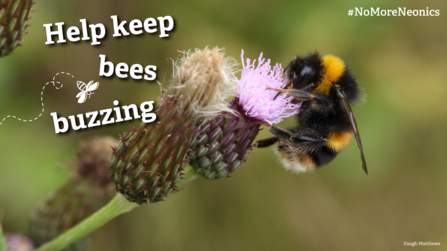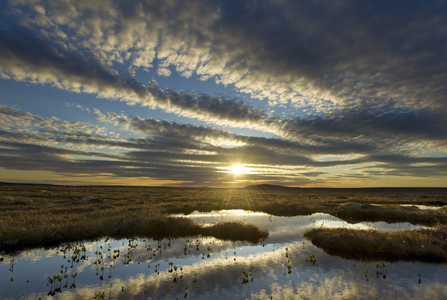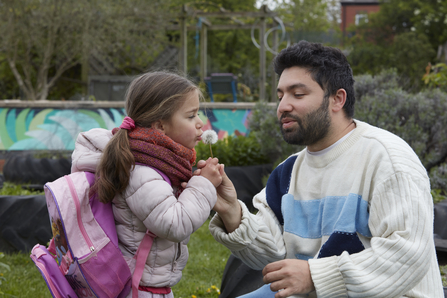Together we stood against bee killing poisons, peat bog destruction and further threats to our already over polluted rivers. And we united against undemocratic processes being introduced that would have seen decision-making about our most precious wildlife and natural places for people’s wellbeing, happening behind closed doors. And throughout the year there was some good, some bad and some hopeful!
How it started…
2023 began with an urgent threat to bees, bugs and other pollinators raising its ugly head. An ‘emergency derogation’ to use a banned chemical was requested by British Sugar for the third (and promised, last) year in a row. This was ok’d by the Westminster Government, meaning the EU-banned poisons, neonicotinoids were once again used on sugar beet for the nation’s sugar.
Which begs the question - why are we are seeing a frustrating de-ja-vu moment for bees as 2023 draws to a close?
Thousands of people have already asked the Farming Minister to stop this cycle and say ‘yes’ to healthy farmlands in 2024 by saying No to British Sugar. So please join your fellow campaigners!




